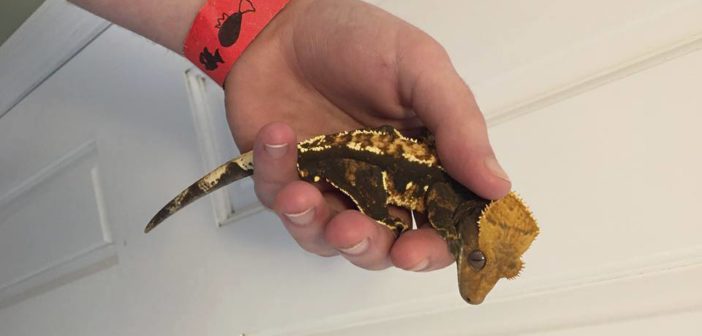North Central College is not only home to nearly 3,000 undergraduate and graduate students, but it is also home to numerous animals. These animals are not the squirrels that roam the small campus, but the service animals and assistance animals of students and staff.
These dogs and sometimes miniature horses can typically perform tasks like safely crossing the road, opening doors and retrieving items for their owners. Assistance animals are defined as a pet that “works, provides assistance or emotional support that alleviates one or more symptoms of a person’s disability,” according to both the Fair Housing Act and the Rehabilitation Act of 1973.
These animals can include Emotional Support Animals serving the function of comforting individuals with depression, anxiety, PTSD and other mental health disorders.
“Although it is the policy of NCC that students are generally prohibited from having animals of any type in College housing,” said Sarah Alag, director of NCC’s Student Disability Services, “NCC will consider a request by an individual with a disability for reasonable accommodation from this prohibition to allow an Assistance Animal that is reasonable and necessary due to a disability.”
This means that students can live in campus dorms with their service or assistance animal, which allows students to experience the college’s amenities. Graphic design student Kat Gannon, ’19, lives with an emotional support gecko named CJ living on campus.
“Having CJ has really helped me acclimate to living away from home because the transition to college was really difficult,” she said.
The process of getting a service or assistance animal approved for campus life includes “a lot of paperwork and medical records,”
According to Jenny Alexander, associate director of Residence Life, the Center for Student Success and Residence Life work in tandem when dealing with service or assistance animals on campus. Once the animal is approved by the Center for Student Success, “(Residence Life) reaches out to the student to go through basic expectations about caring for their animal in the halls (i.e. where to dispose of waste) and then notify staff of the animal’s approval to be in the halls.”
“We also send out a message to the hall community that is to be impacted, notifying them that a support or service animal is approved to be in the building and not to interfere with its work (or touch it without owner permission),” she said.

